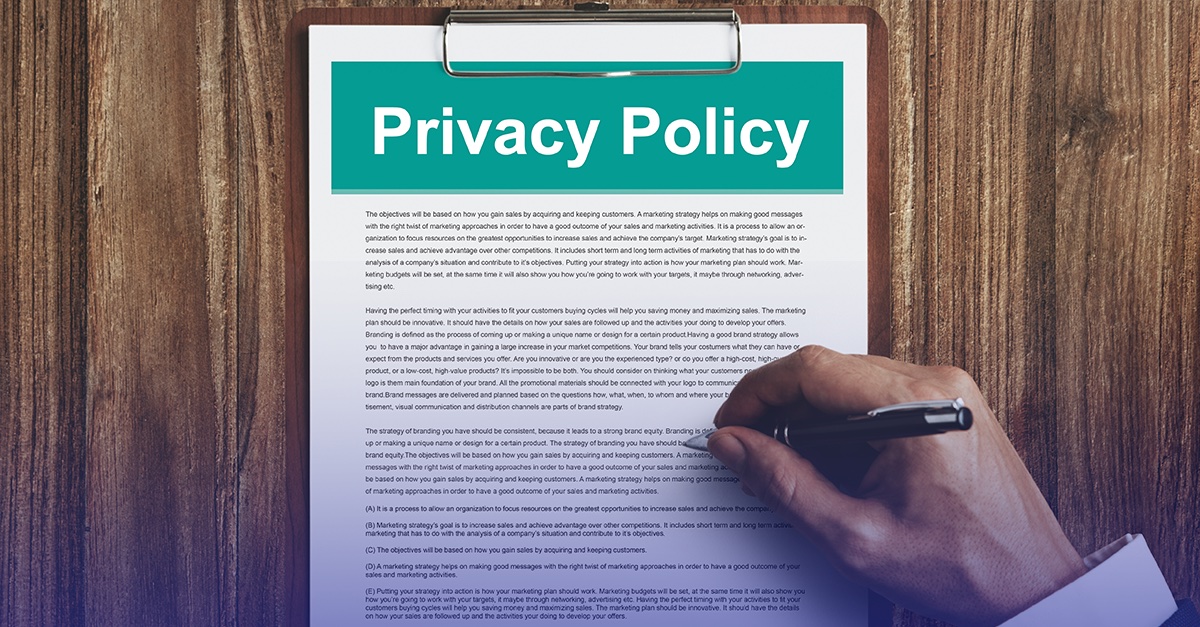
PCI Requirement 3.1 – Keep Cardholder Data Storage to a Minimum
PCI Requirement 3.1 requires organizations to securely delete data that is not required to be retained for business or legal requirements. Why is complying with PCI Requirement 3.1 important? So that cardholder data cannot be recreated by malicious individuals. PCI Requirement 3.1 states that organizations should, “Keep cardholder data storage to a minimum by implementing data retention and disposal policies, procedures, and processes…” PCI Requirement 3.1 aligns with the methodology…



